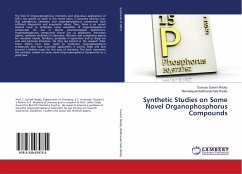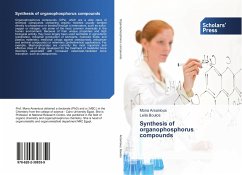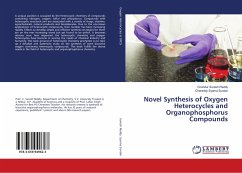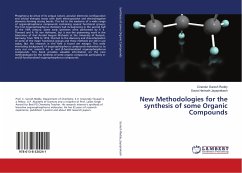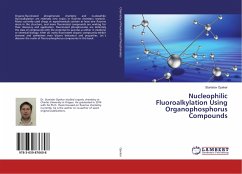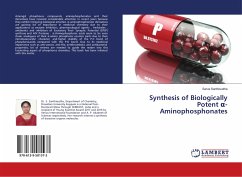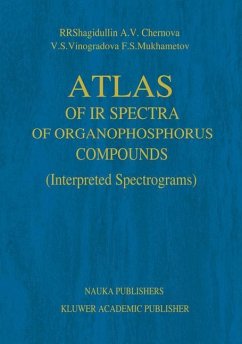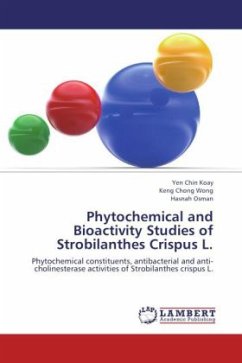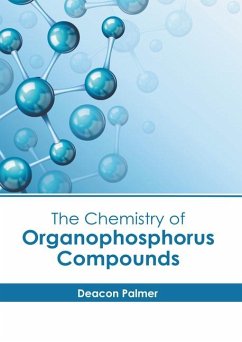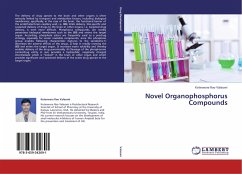
Novel Organophosphorus Compounds
Versandkostenfrei!
Versandfertig in 6-10 Tagen
39,99 €
inkl. MwSt.

PAYBACK Punkte
20 °P sammeln!
The delivery of drug species to the brain and other organs is often seriously limited by transport and metabolism factors, including biological membranes; specifically, in the case of the brain, the functional barrier of the endothelial brain capillary wall, i.e. BBB, limits delivery. Site-specific and sustained delivery of drugs to the brain or other organs, i.e. targeted drug delivery, is even more difficult. Phosphorus compounds, are readily penetrates biological membranes such as the BBB and enters the target organ. According, phosphate esters are frequently used as a prodrug strategy, esp...
The delivery of drug species to the brain and other organs is often seriously limited by transport and metabolism factors, including biological membranes; specifically, in the case of the brain, the functional barrier of the endothelial brain capillary wall, i.e. BBB, limits delivery. Site-specific and sustained delivery of drugs to the brain or other organs, i.e. targeted drug delivery, is even more difficult. Phosphorus compounds, are readily penetrates biological membranes such as the BBB and enters the target organ. According, phosphate esters are frequently used as a prodrug strategy, especially for water insoluble compounds, since the phosphate group enables following characteristic features to the xenobiotic:1) decreases the adverse effects of the drugs, 2) help in readily crossing the BBB and enters the target organ, 3) increases water solubility and thereby enables delivery of the drug parenterally, 4) Cleavage of the phosphonate carrier/drug entity in vivo provides a hydrophilic, negatively charged intermediate which is "locked" in the brain or other organ and which provides significant and sustained delivery of the active drug species to the target organ.



